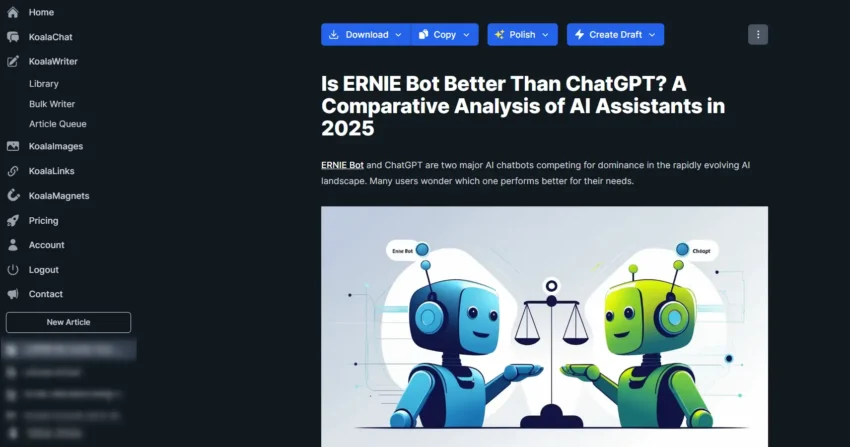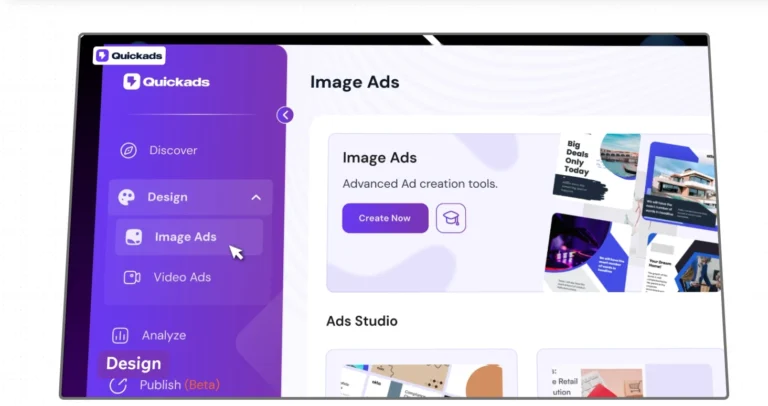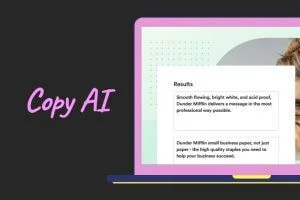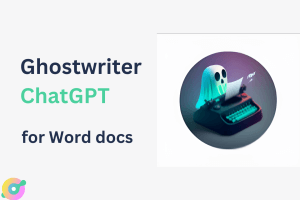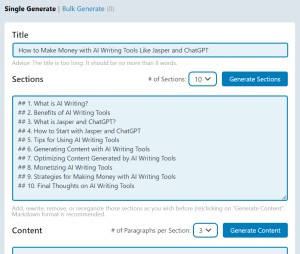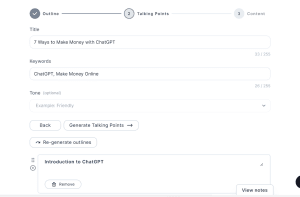Using AI for Programmatic SEO
AI is changing the game for website owners. Now, it’s easier than ever to create web pages that rank well in search engines. This is called programmatic SEO.
AI tools can help you make hundreds or thousands of pages that target specific keywords. This saves you time and effort compared to writing each page by hand.
Want to grow your website traffic fast? Programmatic SEO with AI might be the answer. Let’s explore how you can use this powerful combo to boost your online presence.
Fundamentals of programmatic SEO
Programmatic SEO uses automation to create many web pages at once. This approach helps websites rank for lots of searches and get more visitors.
Understanding programmatic SEO
Programmatic SEO is a way to make lots of web pages quickly using software. It targets many keywords to get more traffic from search engines. This method works best for easy-to-rank-for terms and content aimed at people ready to buy.
You can use programmatic SEO to:
- Create pages for different locations
- Make product pages for many items
- Build comparison pages for various options
Big companies like Zapier and G2 use this approach. It saves time and effort compared to making each page by hand.
Importance of data for programmatic SEO
Data is key for good programmatic SEO. You need lots of info to make pages that answer what people are searching for.
Here’s what you should collect:
- Keywords people use to find your products
- Questions they ask about your topic
- Features of your products or services
With this data, you can make templates for your pages. Then your software can fill in the details for each one. This makes sure every page is unique and helpful.
How search engines work
Search engines try to show the best results for each query. They look at many things to decide which pages to show first.
Some important factors are:
- How well the page matches the search
- If the content is high-quality and unique
- How many other sites link to the page
For programmatic SEO to work, your pages need to be just as good as hand-written ones. They should give useful info and not just repeat the same things over and over.
AI tools can help make your content better. They can write more natural text and adjust it for different searches. This makes your pages more likely to rank well.
Implementing AI in programmatic SEO
AI can supercharge your programmatic SEO efforts. It helps create content at scale, analyze data, and build robust SEO frameworks. Let’s explore how you can use AI to boost your SEO results.
Building scalable SEO frameworks
AI helps you build strong SEO frameworks that grow with your business. You can use it to:
• Create site structures that search engines love
• Generate XML sitemaps automatically
• Build internal linking strategies
AI-powered tools can analyze your site and suggest improvements. They spot issues like broken links or missing meta tags fast.
AI also helps with keyword research. It finds related terms and long-tail phrases you might miss. This lets you target more specific searches and reach new audiences.
Content generation with AI
AI shines in creating large amounts of SEO-friendly content. It can:
- Write product descriptions
- Generate location-based pages
- Create FAQs and how-to guides
The key is to use AI as a starting point. You’ll still need to review and edit the content to ensure quality.
AI can also help personalize content for different user groups. This boosts engagement and keeps visitors on your site longer.
Some companies have seen 15-30% more traffic after using AI for SEO. It’s a powerful tool when used right.
AI for SEO audits and analysis
AI excels at crunching numbers and spotting patterns. For SEO, this means:
- Faster site audits
- More accurate competitor analysis
- Better tracking of ranking changes
AI tools can scan thousands of pages in minutes. They flag technical issues that might hurt your rankings.
You can also use AI to analyze search trends. It helps you spot upcoming topics before they get big. This lets you create content ahead of the curve.
AI isn’t perfect, though. You still need human insight to make sense of the data. Use AI to guide your decisions, not make them for you.
Tools and technology
AI-powered tools can streamline your SEO efforts. They help analyze data, generate content, and optimize your website faster than ever before.
Key AI technologies for SEO
Natural Language Processing (NLP) is crucial for SEO. It helps AI understand and create human-like text. This makes it great for content creation and keyword research.
Machine Learning algorithms analyze vast amounts of data. They spot trends and patterns humans might miss. This is useful for predicting search rankings and user behavior.
Computer Vision can analyze images and videos. It’s handy for optimizing visual content for search engines.
Choosing the right AI tools
Look for tools that fit your specific needs. Some focus on content creation, others on technical SEO.
- Scalenut is a good all-in-one option. It offers keyword planning, content writing, and optimization features.
- For content creation, ChatGPT is versatile. You can use it to write articles, meta descriptions, and more. Koala AI is a better option tough as it outlines the whole blog writing process
- Diib is great for performance tracking. It compares your site to competitors and suggests improvements.
Test different tools before committing. Many offer free trials or demos. This lets you see which ones work best for your strategy.
Best practices and strategies
AI can supercharge your programmatic SEO efforts. By using smart tools and methods, you can create content that ranks well and brings in more visitors.
Creating AI-driven SEO strategies
AI helps make better SEO plans. It can spot trends and patterns in search data that humans might miss. This lets you focus on topics people are really interested in.
You can use AI to:
- Find new keyword ideas
- Predict which content will do well
- Spot gaps in your current SEO strategy
AI tools can analyze thousands of web pages quickly. This gives you insights into what your competitors are doing. You can then use this info to improve your own content.
AI-powered SEO tools can also help you create content outlines. These outlines make sure you cover all the important points for a topic.
Effective keyword optimization
Smart keyword use is key for programmatic SEO. AI can help you pick the right keywords and use them well in your content.
Here are some tips:
- Use AI to find long-tail keywords with less competition
- Group related keywords to create topic clusters
- Check keyword difficulty scores to focus on winnable terms
AI can also help you use keywords naturally in your content. It can suggest where to place keywords for the best effect.
Programmatic SEO tools can create many pages quickly, each targeting different keywords. This helps you cover a wide range of search terms.
Remember to keep your content high-quality and useful. Don’t just stuff it with keywords. AI can help you strike the right balance between SEO and readability.
Frequently asked questions
AI has transformed programmatic SEO strategies. It helps create content faster, analyze data more effectively, and automate many tasks. Let’s explore some common questions about using AI for SEO.
How can AI enhance the efficiency of SEO strategies?
AI speeds up content creation. It can write articles, meta descriptions, and titles quickly. This saves time and allows you to produce more content.
AI also helps with keyword research. It can find relevant keywords and group them into topics. This makes it easier to plan your content strategy.
What tools integrate AI for programmatic SEO automation?
Many SEO tools now use AI. Zapier lets you automate SEO tasks without coding. It can update content and metadata across your site.
SEOmatic uses AI to generate landing pages at scale. It can create thousands of pages from a single template.
In what ways is AI writing impacting SEO performance?
AI writing tools can create content faster. This allows you to target more keywords and topics.
AI-generated content can also be more consistent. It follows best practices for SEO, like using keywords naturally and including relevant information.
Can AI fully automate the SEO process, potentially replacing human input?
AI can’t fully replace humans in SEO yet. It still needs guidance and oversight.
Humans are needed to:
- Set strategy
- Check AI output for quality
- Make creative decisions
- Understand complex context
AI is a powerful tool, but it works best when combined with human expertise.
What are the best practices for utilizing AI in SEO campaigns?
Start with a solid SEO foundation. Make sure your site structure and basic optimization are in place before using AI.
Use AI to scale your efforts. It’s great for tasks like:
- Creating keyword clusters
- Generating content outlines
- Writing meta descriptions
Always review AI output. Check for accuracy and quality before publishing.
How does AI contribute to more targeted and effective programmatic advertising?
AI analyzes user data to improve ad targeting. It can predict which ads a user is likely to engage with.
AI also optimizes ad placement and timing. It can determine the best times to show ads and which platforms to use.
This leads to higher click-through rates and better ROI for your ad campaigns.


